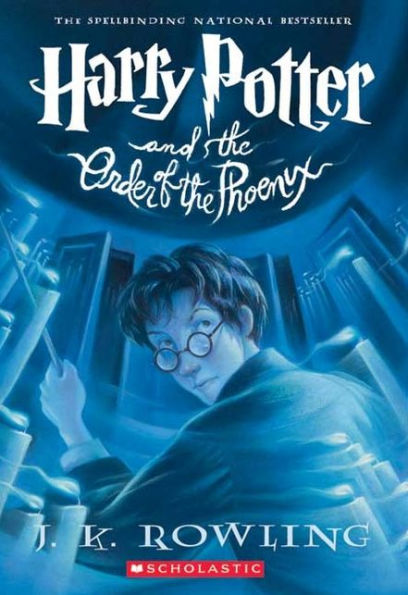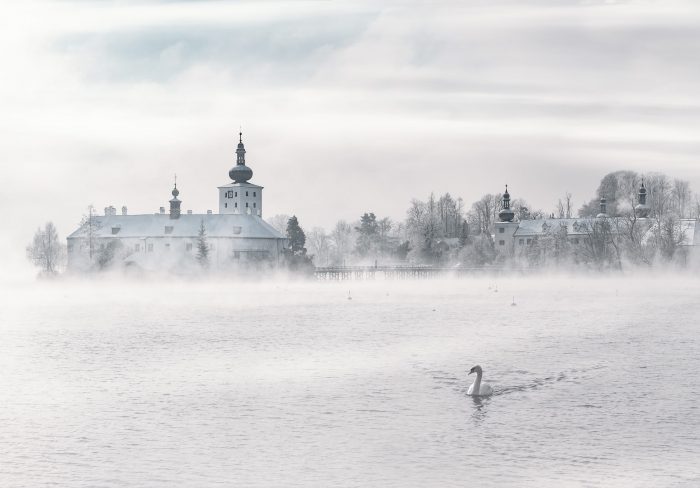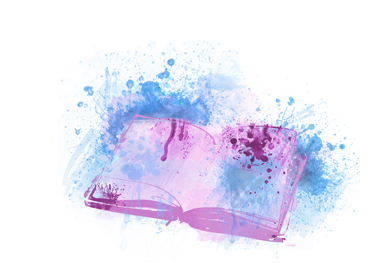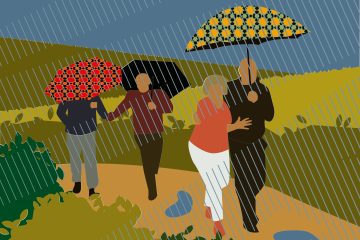Famous Dreams
Q.
What are some historically famous dreams? And what does it all mean anyway?
A.
Frankenstein first came to Mary Shelley in a dream, Dr Jekyll and Mr. Hyde to Robert Louis Stevenson. Prior to his assassination, President Abraham Lincoln dreamt of a corpse and the ‘subdued sobs of mourners.’ When he asked a guarding soldier: “Who is dead in the White House?” The soldier answered: “The President. He was killed by an assassin.”
Sigmund Freud – who crowned dreams ‘the royal road to the unconscious’ – put his own dreams to analysis. Why head into the kitchen to ask for pudding while the hostess makes him wait as she rolls dumplings? Why try on the two overcoats: the first inexplicably lined with fur, the second festooned with Turkish embroidery and belonging to the bearded stranger?
Carl Jung – father of archetypal dream symbols – had a recurring dream in which a new wing was added to his house but he could never find his way in. One night, he was finally able to push his way through and into a zoological lab, set up like the workroom of his dead pastor father. Everywhere he looked there were different types of dead fish, pickling in bottles. Behind a haunted curtain, he found another cold room – this one the bedroom of his dead mother, housing nothing but two floating beds. Finally, he found a door that led to a lavish lobby with decorative pillars, velvet hangings and a jolly brass band playing festive marches.
.
.
One of many painful moments in Stanley Nelson’s searing Jonestown documentary comes near the end when Hue Fortson Jr. – a one-time People’s Temple Member who lost his family to Jim Jones and his death drink – describes a dream. “I never had any dreams of Jonestown until this one dream came. I could see myself in Jonestown walking, and when I looked to my left, there was my son. He was standing in the middle of a duffel bag. And just right when I got ready to reach to touch his head, he pulled the bag up like this. And the bag fell and he was gone.”
Where do these dreams originate? What do they mean and why do they arrive when they do?
Philosophers, authors, scientists have long set out their dream musings. In fiction, dreams are rarely just dreams. Take our beleaguered Harry Potter whose dreams burden him with evil alter-egos and live action doom.
.
Here, Harry (the snake) dreams of his best friend’s father under attack (skip ahead to ♠ if any of those things make you uncomfortable)
.
.
‘Harry longed to bite the man…but he must master the impulse … he had more important work to do …
But the man was stirring… a silver Cloak fell from his legs as he jumped to his feet; and Harry saw his vibrant, blurred outline towering above him, saw a wand withdrawn from a belt… he had no choice… he reared high from the floor and struck once, twice, three times, plunging his fangs deeply into the mans flesh, feeling his ribs splinter beneath his jaws, feeling the warm gush of blood…’
The man was yelling in pain… then he fell silent… he slumped backwards against the wall… blood was splattering on to the floor…’
.
.
♠
Plato attributed dreams to both the gods and the liver.
In his poem: The Dream, Lord Byron writes …
’And dreams in their development have breath,
And tears, and tortures, and the touch of joy;
They leave a weight upon our waking thoughts,
They take a weight from off waking toils,
They do divide our being; they become
A portion of ourselves as of our time,
And look like heralds of eternity…’
Lucid dream scientists, such as Stephen Laberge, have identified techniques to manipulate and control our dreams. German researchers have found that bedroom smells can affect our dreams. Pipe in rotten egg stink and people are more likely to have nightmares. Those drifting in the sweet smell of roses are more likely to enjoy similarly sweet dreams.
.
.
With ingenious scanner science, we can monitor what is happening in the brain during REM sleep. Italian researchers find, for instance, that subjects showing more low frequency theta waves in their frontal lobes are more likely to remember their dreams upon waking. Strange, intense dreams are strongly linked to the ever-powerful amygdala and the hippocampus.
The why and what of dreaming, however, remain elusive. Debates rage on: are dreams just the brain rifling through memories and daily happenings, are they random neural firings or reflections of cognitive development? Are these dreams an imaginative attempt to process and purge the brain of painful memories? Are they wish-fulfillment, fear-mining, emotional and threat preparation or a peek into the future?
No matter how clever we get with our science, our dreams are likely to keep us entangled in their art and their mystery.
.
www.justcurious.ca
Photos: Simon Berger












